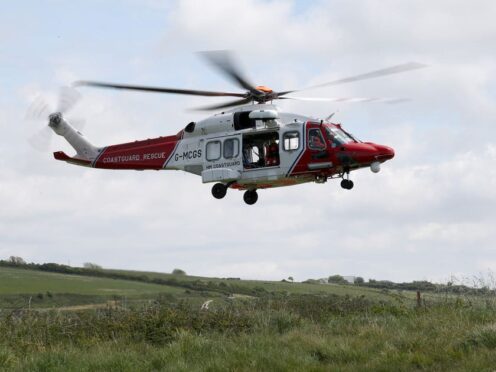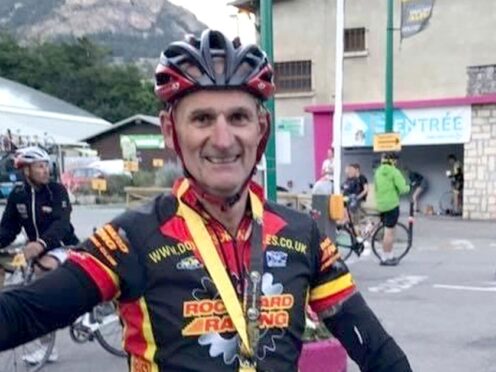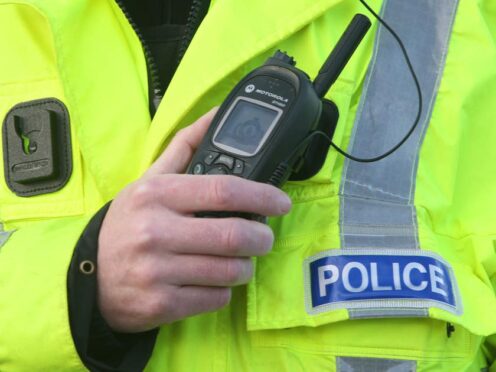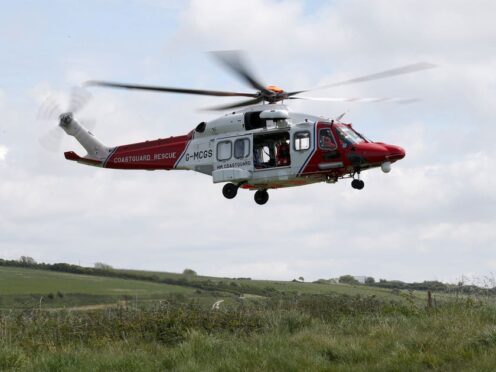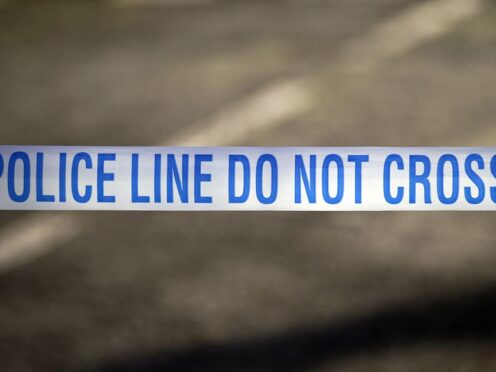A Scots professor has been killed in Antartica after the snowmobile he was riding plunged into a crevasse.
The 50-year-old grew up in Dundee and was a professor in the School of Earth and Climate Sciences at the University of Maine.
The researcher was working on White Island in the Ross Archipelago in Antartica when the accident occurred on October 22.
It was an area where he has conducted research for several seasons.
He was killed when the snowmobile he was riding hit a crevasse and plunged 100ft.
The university’s president Susan Hunter said: “The University of Maine has lost one of its leading scientists.
“Gordon’s glaciology research around the world — from Antarctica to Greenland — was second to none.
“He leaves a legacy as an outstanding scientist, and a caring mentor and well-known teacher to undergraduate and graduate students.
“He was an engaged, gregarious and beloved member of the UMaine and Orono communities that now mourn his loss.
“Our heart-felt thoughts and prayers go to his wife, Fiona, and their two children, Martin and Calum, and his friends and colleagues around the world.”
Mr Hamilton joined the university’s Climate Change Institute in 2000 as an assistant research professor.
Prior to coming to Maine, he was at the Byrd Polar and Climate Research Center at Ohio State University and the Norwegian Polar Institute in Oslo.
He also taught University of Maine’s undergraduate and graduate courses, and was involved in statewide STEM initiatives for grades 9–12.
“Gordon was the quintessential scientist and educator,” said Jeffrey Hecker, UMaine executive vice president for academic affairs and provost.
“His research informed his teaching and his community outreach — from schoolchildren to lawmakers and the media.
“He knew the importance of hands-on learning, and often took students into the field on his research expeditions.
“Students appreciated his depth of knowledge as a pioneering researcher, his dedication to being involved in student success and his style as an approachable, effective educator.
“He touched — and changed — many lives. Our thoughts are with his students — past and present — his family, and his many friends and colleagues.”
Climate Change Institute Director Paul Mayewski said the entire glaciology community held Mr Hamilton in the absolute highest esteem.
“His experience and devotion to understanding glacier dynamics and their role in our evolving climate system, notably with respect to sea level rise, were Gordon’s scientific passions,” he added.
“He led many polar expeditions in the course of his research, trained many graduate students, lectured far and wide, and was a well-known science spokesman in many media outlets.
“Those of us who shared time in the field with Gordon know how important he was not only as a fellow team member and scientist, but also how wonderful and how much fun it was to be with him.
“We send our deepest sympathy to his family and want them to know how much we appreciate the opportunity to have known him and how important his legacy is to our Institute and the scientific community.”

